
As parents we often think of ourselves as our child's teacher. We constantly consider all that the child must 'learn' to become a successful, emotionally resilient adult, and we put immense pressure on ourselves to ensure that the learning happens. But what if we started thinking of ourselves not only as teachers, but also as guides? Consider it. A teacher's role is to teach someone all there is to know about a specific topic or task. Whether that's tying a shoe, doing a math problem, or driving a car, certain steps are required and are taught in a specific order. You can't learn how to reverse a car, for instance, until you know how to turn it on. Teaching then, is an important and necessary part of the parenting role. It is primarily used to assist kids with physical and cognitive development. When it comes to social and emotional development, the teaching model doesn't work as well. That's because helping our kids regulate emotions, make friends, problem solve social interactions, or make good choices, does not always involve a specific set of rules and steps that, when done correctly, works every time. In social and emotional development, every situation is different and is influenced by a number of external factors, as well as personality and temperament. The great American educator and philosopher, John Dewey, emphasized that a child's own instincts and strengths provide the necessary material for learning and that learning is a process of living, rather than a preparation for future living. This is where our role as a guide comes in.
I love to hike the beautiful trails in central Utah, where the fiery red rock formations stand tall against an almost always blue sky. Surrounded by this grandeur, I am always brought to sense of awe and peace. Most of these trails are marked very well, but a wise hiker would know to never take a back- country or unmarked trail without an experienced hiker by your side - a guide. The guide isn't there to tell you what to do every step of the way, standing behind you and pushing you along. The guide is there to lead the way, occasionally taking a look back to ensure you're keeping up, watching your step, and drinking enough water. As a parent guide, you are doing the same. Because here's an important fact about childhood development: kids develop socially and emotionally more by watching their parents behaviors and actions, rather than by listening to their words and instructions. Social and emotional development is designed to happen. As parents, we don't need to make it happen, we just need to guide our kids through it.
So the next time your toddler, or teenager for that matter, is having a tantrum, remember they are learning how to regulate their emotions through this experience and by watching you. A child, especially a younger one, isn't able to fully separate their emotions from yours. If your child is annoyed, hungry, or tired, as far as they know, you are too. When you stay calm, even when you're at your boiling point on the inside, you're guiding them through that difficult moment. On a developmental level they are learning, "Oh, this is what I do when I'm really upset or uncomfortable". Of course there are times when we reach our breaking point as parents and don't model great emotional regulation for our kids. They learn a lot from this too. They learn that we all make mistakes, they learn how to correct a mistake and apologize, and they learn to move on, because you are guiding them through. These moments are going to look and feel different every time, but with an effective parental perspective, the trail forward is clear, and much easier to navigate.
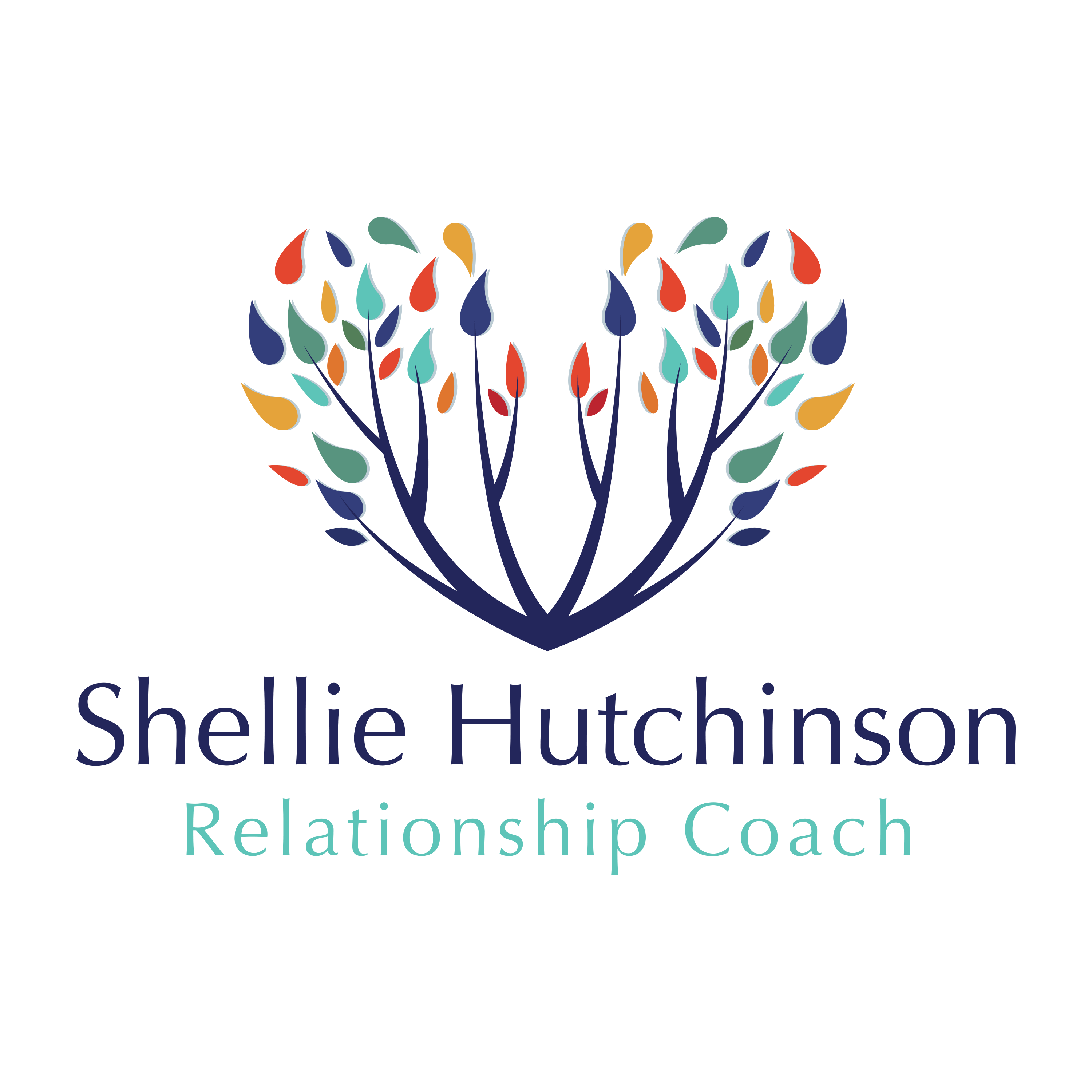
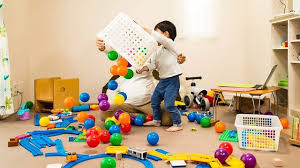


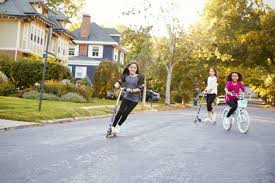
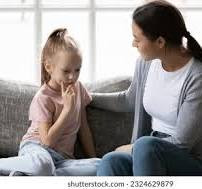
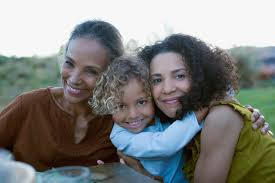
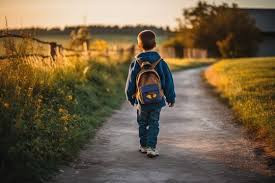


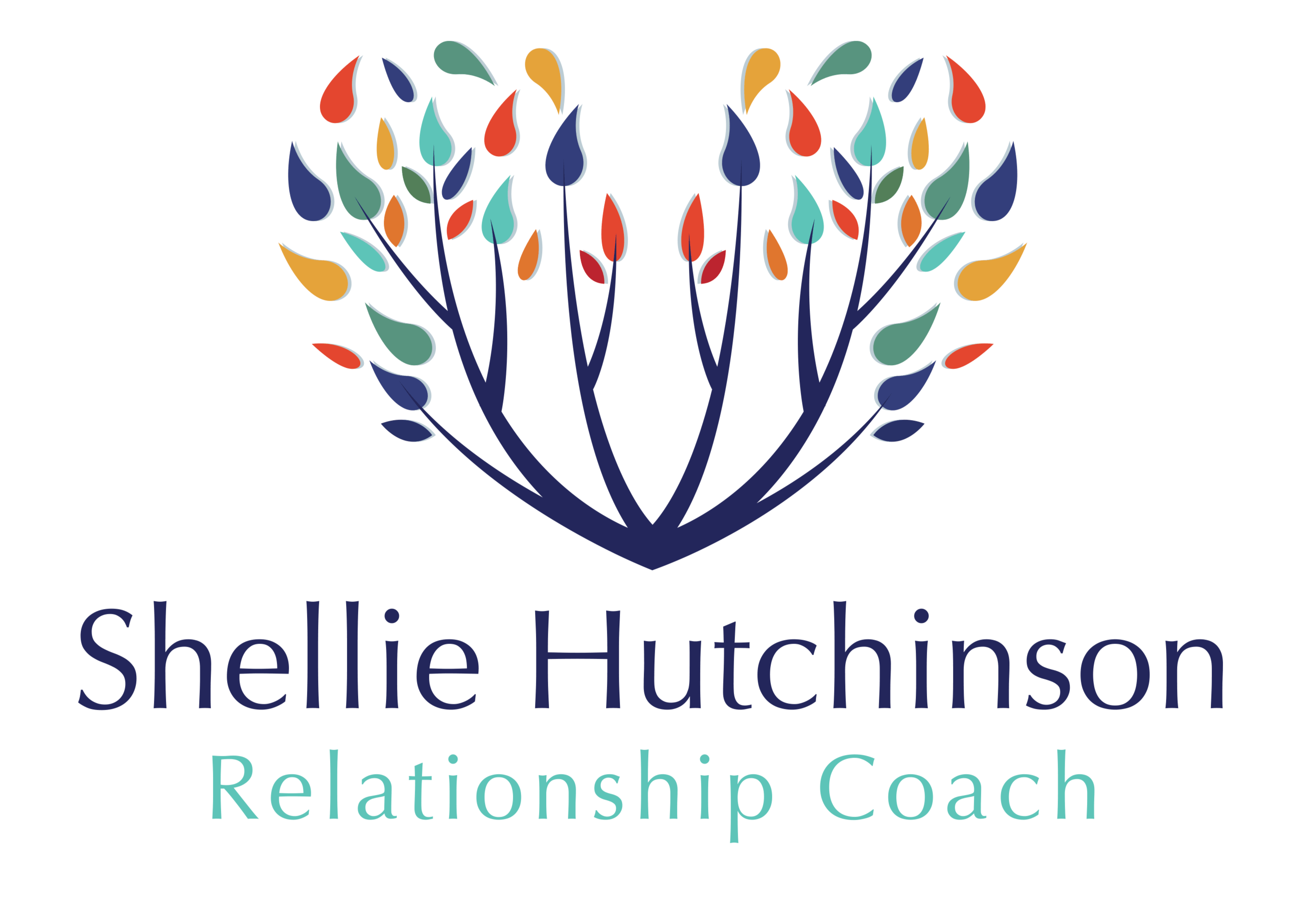
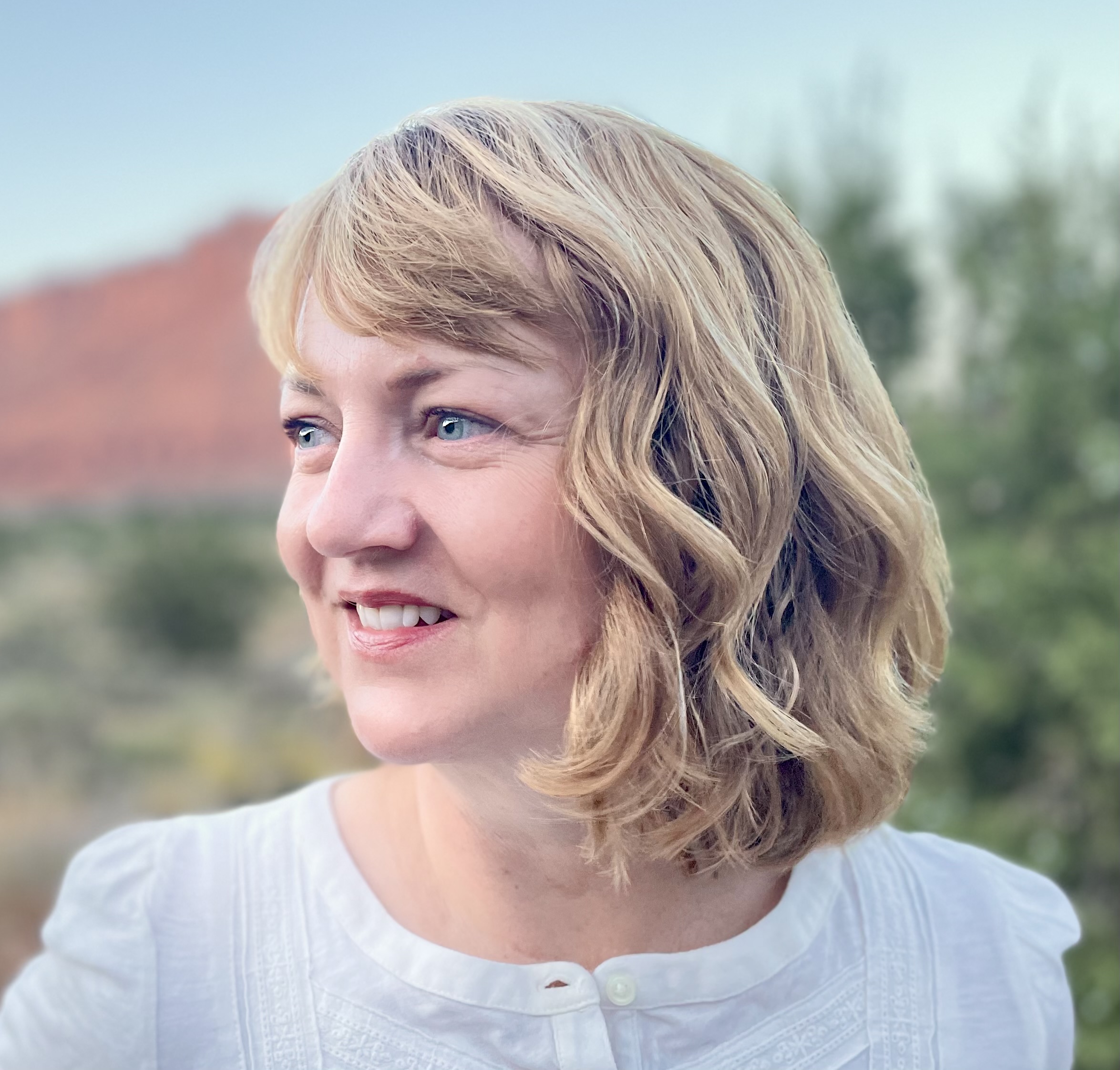
0 Comments